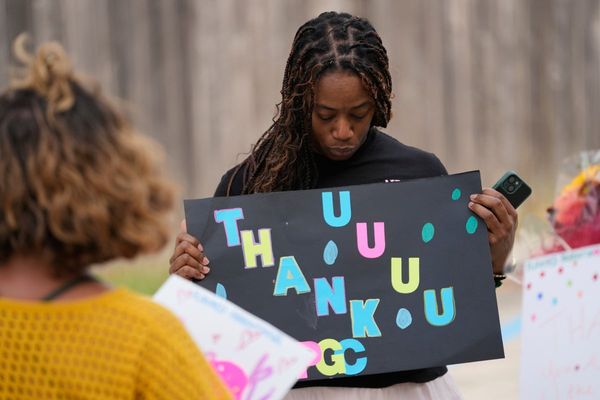
In a surprising turn of events, former President Donald Trump will not be delivering a closing statement in his ongoing civil fraud trial in New York. Earlier discussions between Trump's legal team and Judge Arthur M. Garan had sparked speculation about the possibility of Trump personally addressing the court. However, it appears that certain conditions imposed by the judge have deterred Trump from taking the stand.
Judge Garan sent an email to Trump's legal team yesterday, expressing his assumption that the former president would not agree to the 'reasonable lawful limits' set forth by the court. These limits were established to prevent Trump from transforming his closing statement into what the judge deemed to be a mere campaign speech.
This development comes amidst heightened anticipation surrounding the trial, which involves allegations of fraud involving a staggering $370 million. Both the prosecution and defense teams have been presenting their arguments diligently, seeking to convince the jury of Trump's innocence or guilt.
Though Trump's decision not to personally address the court may appear unexpected, it aligns with the judge's efforts to maintain the integrity and impartiality of the trial. By adhering to the established boundaries, the former president is effectively placing his fate in the hands of his attorneys.
It remains to be seen how this absence of Trump's voice will influence the outcome of the trial. Some speculate that his absence could create a void that the jury will interpret as evasion or a missed opportunity for Trump to present his side of the story. Others believe that his absence could alleviate distractions and allow the jury to focus solely on the evidence and arguments presented throughout the trial.
Regardless, the trial continues to captivate public attention, as it serves as a barometer of justice unfolding in the aftermath of Trump's presidency. The absence of his voice in the final stages of the trial adds another layer of intrigue and uncertainty.
As the trial moves forward, the jury will ultimately decide the fate of Donald Trump in this civil fraud case. The closing arguments will now solely be presented by Trump's legal team, who will strive to deliver a compelling case within the confines of the established legal boundaries.
In the absence of Trump's personal address, the trial will likely rely on the evidence, testimony, and legal arguments presented throughout its duration. Now, all eyes turn to the jury as they deliberate and determine the verdict that will impact the legacy of the former president.







